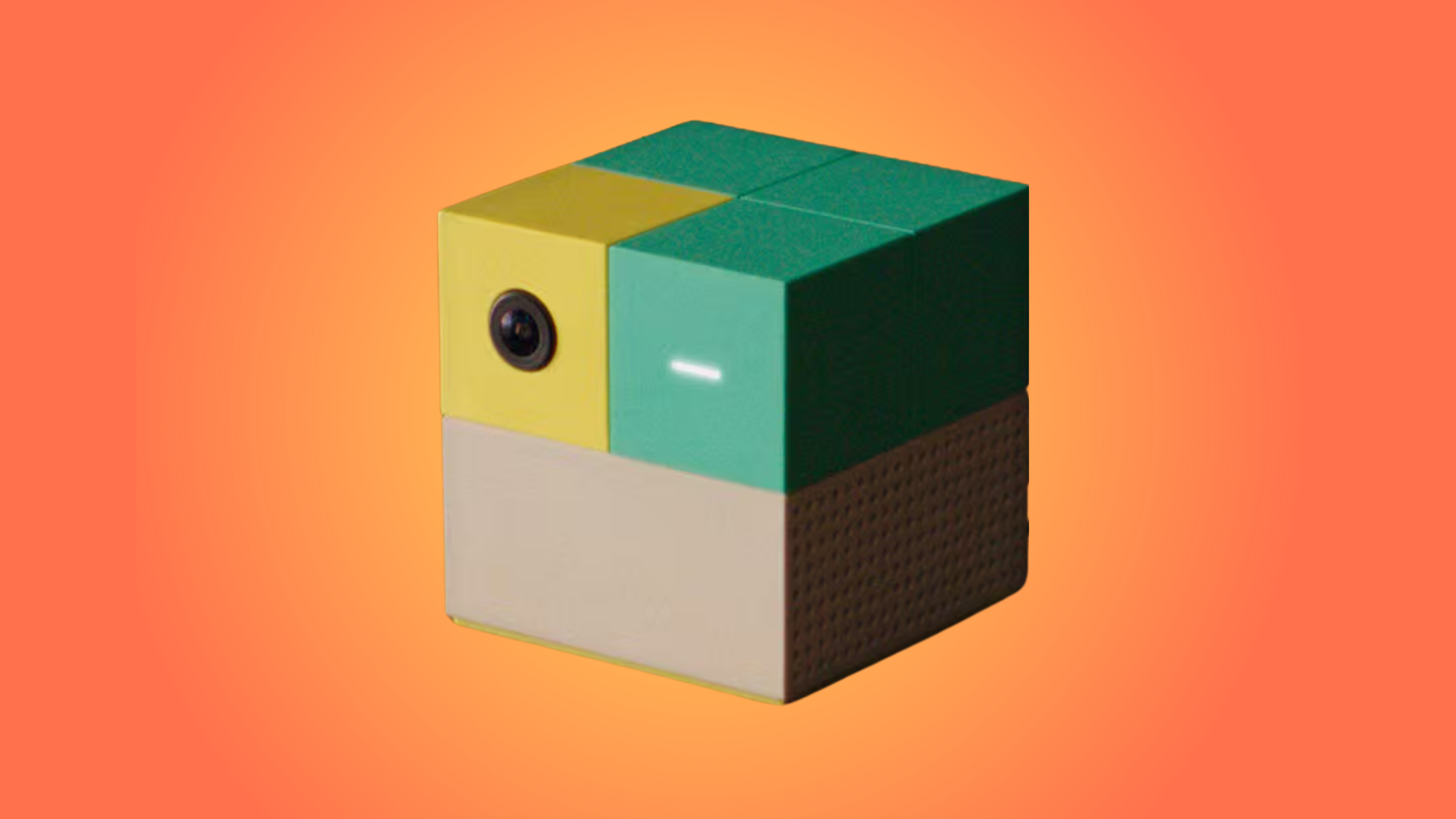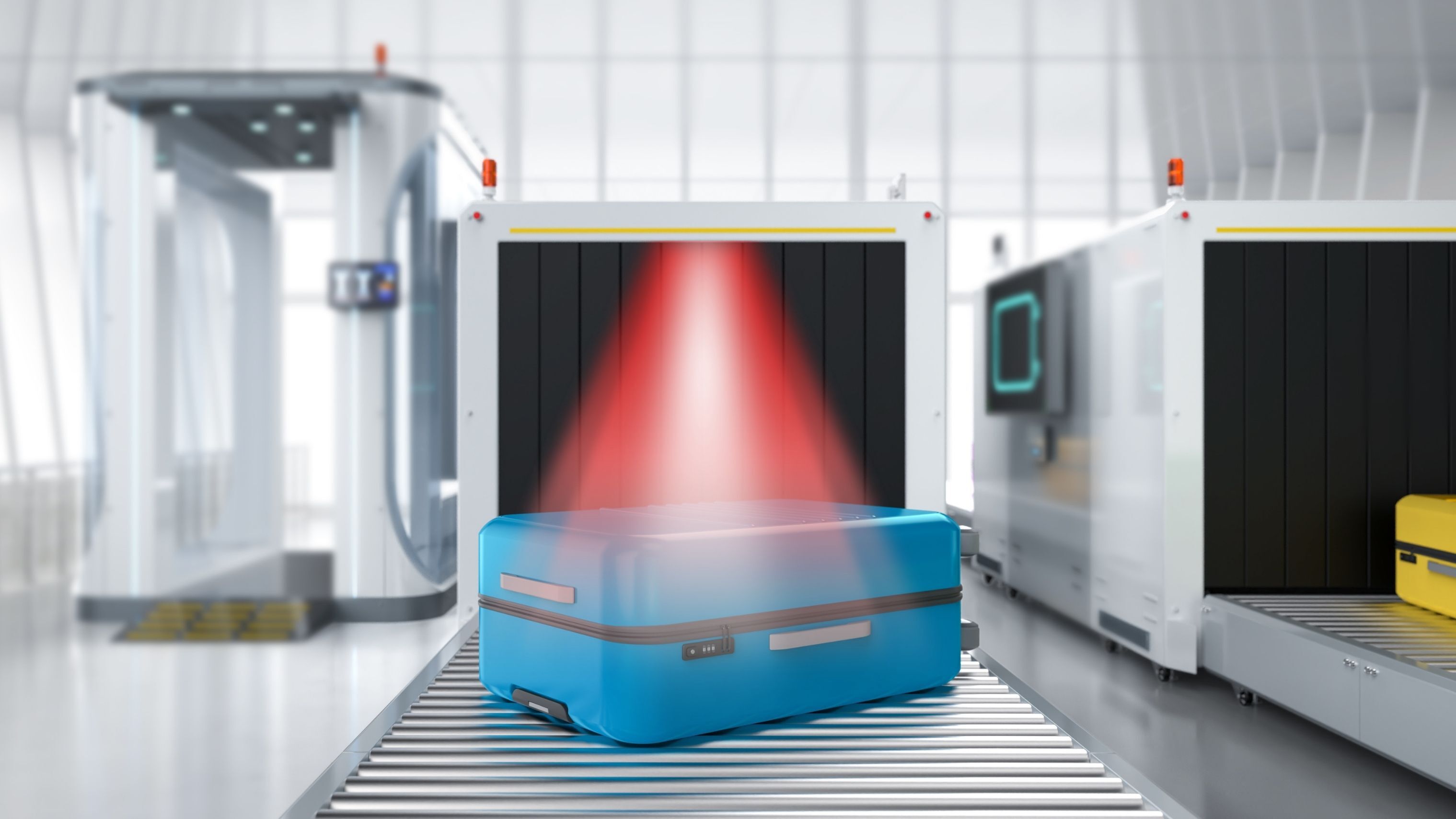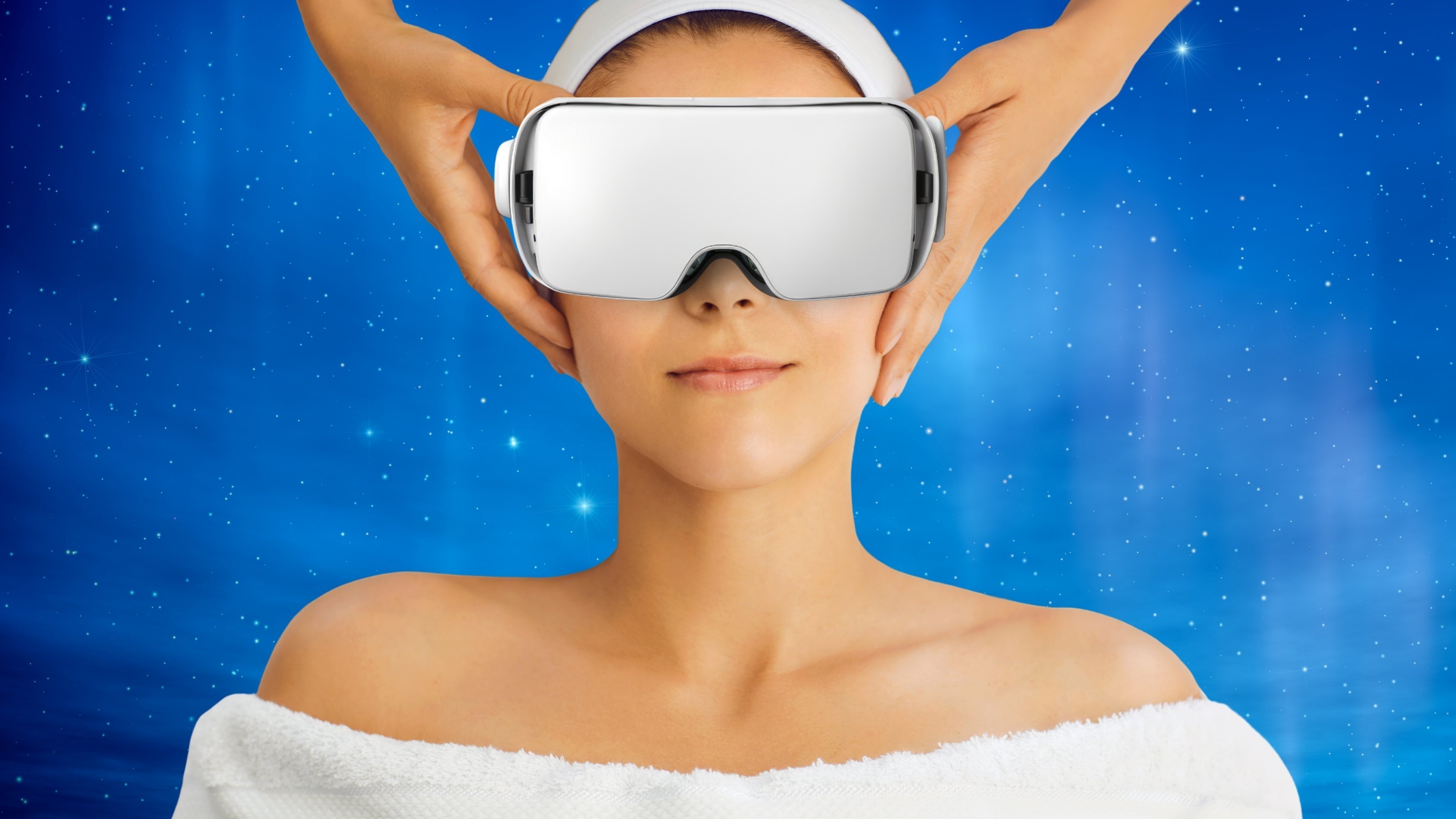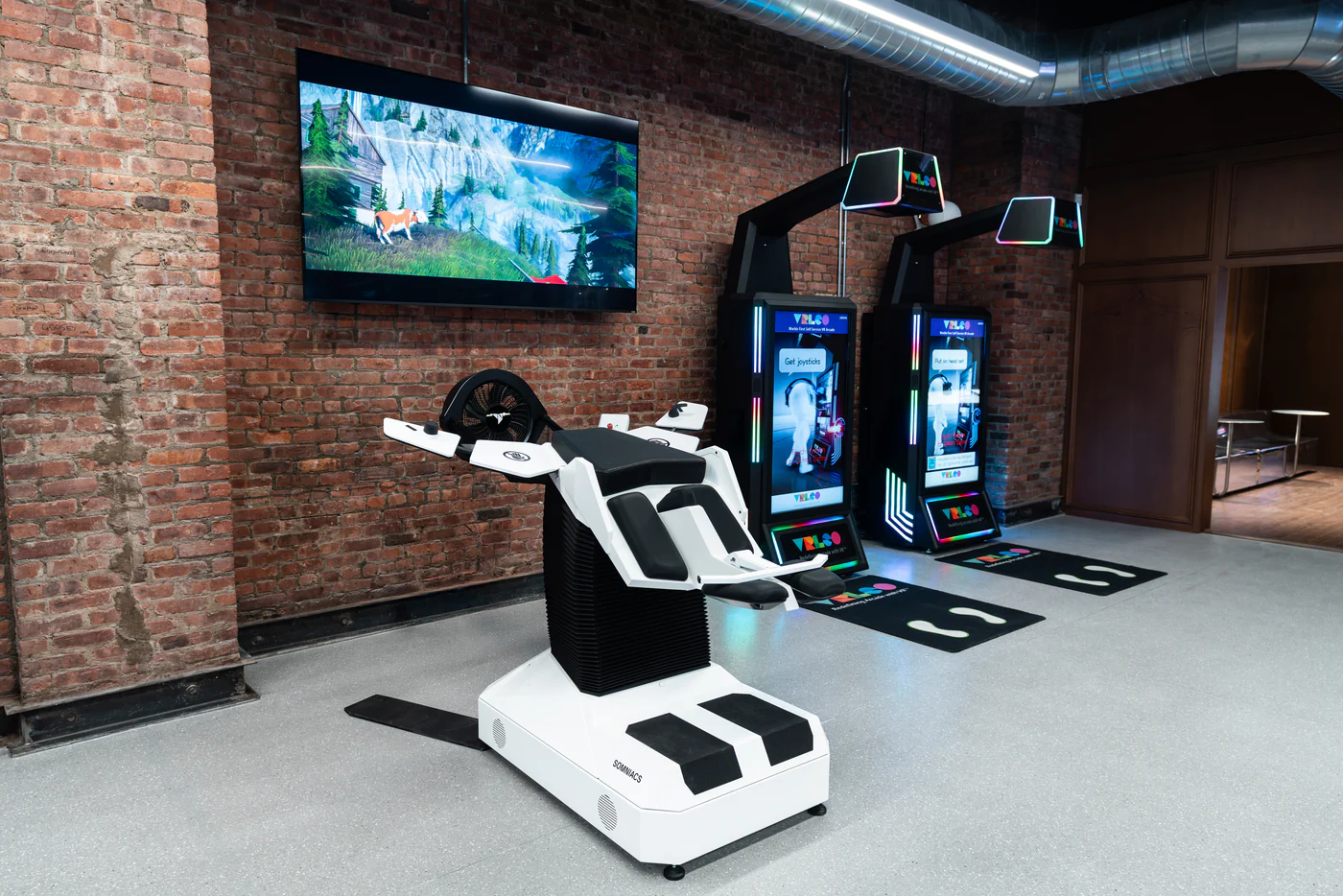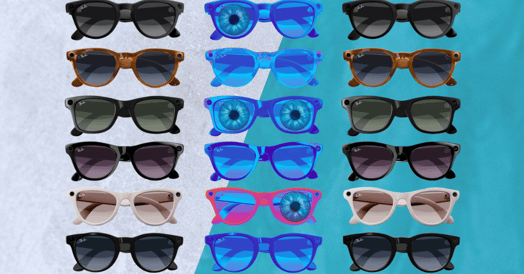For years, smart glasses have been little more than a joke, with Google Glass being the category’s most infamous failure.
And yet, Big Tech hasn’t given up. Google, Meta, and Snap are all back at the same well, while Apple is rumored to be working on its own model for a 2026 release, and Amazon hasn’t denied potential Alexa glasses, per CNN.
Why now?
AI has significantly advanced since Google Glass. While we’ve seen AI-powered wearables like Humane’s AI Pin fail, that’s because, according to reviewers, they sucked. Wearables that actually provide a useful function, like fitness trackers, do well.
Google’s Android XR prototype allows wearers to see pertinent info about their environment, take photos, and ask questions and receive responses from Google’s Gemini AI.
Most importantly, they look like normal glasses (Google announced plans to partner with eyewear brands Warby Parker and Gentle Monster), and not conspicuous gadgetry that people will assuredly mock, as with Google Glass.
Beyond Google
The latest iteration of Ray-Ban Meta glasses, equipped with Meta AI and live-streaming capabilities, have sold 2m pairs since launching in 2023 — far better than its predecessor.
Snap’s Spectacles flopped in 2017, leaving reports of hundreds of thousands of unsold units — probably because all they could do was record quick videos to upload to Snapchat.
But we got to try a version of Snap’s new Spectacles, currently open to developers and coming to consumers in 2026, at Augmented World Expo 2025 last week in Long Beach, California.
They did a lot more, offering single- and multiplayer AR games and experiences and AI-powered tools, like a cooking app that could suggest and display recipes — which, we admit, would be kinda nice when your hands are covered in flour.
Especially useful, though? Accessibility:
- Nuance Audio produces smart glasses that function as hearing aids.
- Ray-Ban Meta glasses offer a tool that connects low-vision users to a service where volunteers describe their surroundings
Overall adoptions will likely come down to price, usefulness, battery life, and fashion — and there are certainly long-standing concerns about privacy when everyone’s got a camera on their face — but maybe Big Tech will finally see a win.



